Before stumping up at Alex’s place, I’d usually swing by Hay-on-Wye and spend an inordinate amount of time looking for books I knew I’d never find. This last time I was looking for the Penguin Book of Zen Poetry edited by the wizardly-named Lucien Stryke. The search for his collection took me to Hay’s Poetry Bookshop and into a long conversation with the affable sales assistant, upon whom I ended up emptying my writing-related woes.
I’d dug haiku for years, its myths and romance. I’d hawked around my Stryke collection for years until its pages were stained and torn. But the haiku collection I picked up at this shop told a different story – one that now seems closely related to the myths and mis-steps of my own journey out of isolation and into community. A journey that was seeded on my trip to the Grange.
You see, I had this idea of the haiku master splendidly isolated in his bamboo hut or beneath the fronds of the banana tree (bashō in Japanese ), gazing transcendentally at the cherry blossoms and Mount Fuji or whatever, his reed pen in hand, feeling all Zen and peaceful.
In the same way that great paintings communicate something of the exaltation felt by the artist through the semaphore of oil and gouache, haiku transported me to the poignancy of the moist and wistful present, deftly rendered and made timeless by nothing more than 17 well-chosen syllables.
Some of my favourite haikus, all from Bashō:
Sick on a journey / over parched fields / dreams wander on. (Bashō’s last haiku written on his death-bed)
Tomb, bend / to autumn wind / my sobbing.
Be careful where / you aim / peaches of Fushimi
Sad, playful, immediate, mournful, these pithy verses transported me to their origins, to the still forest clearing, to the crystalline tink of a mountain stream, to the fullness and solitude of the haiku master, a world unto himself.
Except that it didn’t.

And this was because, as the editor of the Penguin Book of Haiku I’d picked up at the Poetry Bookshop, was at pains to explain, most haiku was composed collaboratively by a bunch of poets sitting round eating nibbles and drinking saké and attempting to outsmart one another with their witty repartee. In short, a Radio 4 comedy panel show.
The myth of the lone haiku master, ensconced up his mountain was exactly that.
A myth.
But I held on to this myth; the myth of the supremacy of solitude over collaboration. The myth of the individual over the collective.
I held on to it at my peril and despite proof to the contrary; that it was community I needed right now, not aloness.
And that was what I was about to discover at the Grange. And a reminder of the Gurukula system, the education system of ancient India.
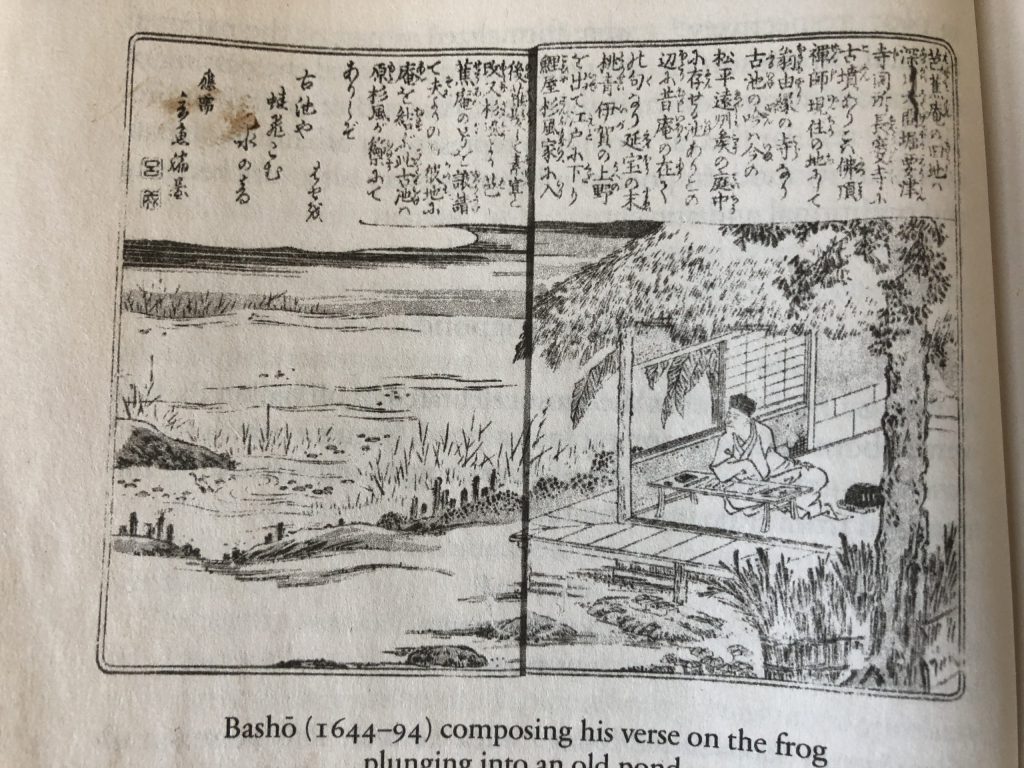
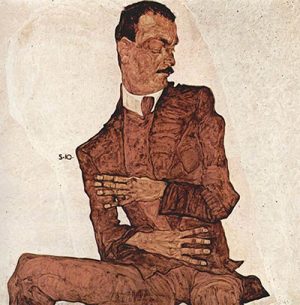
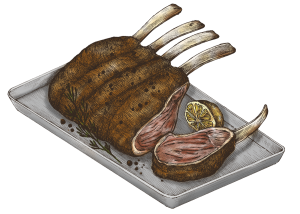
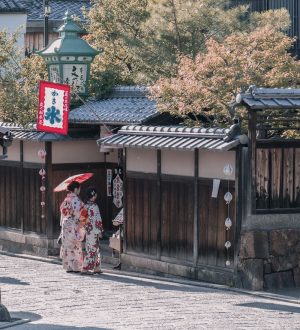




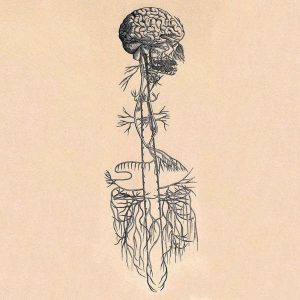
0 Replies to “Over The Gospel Pass (4/5)”